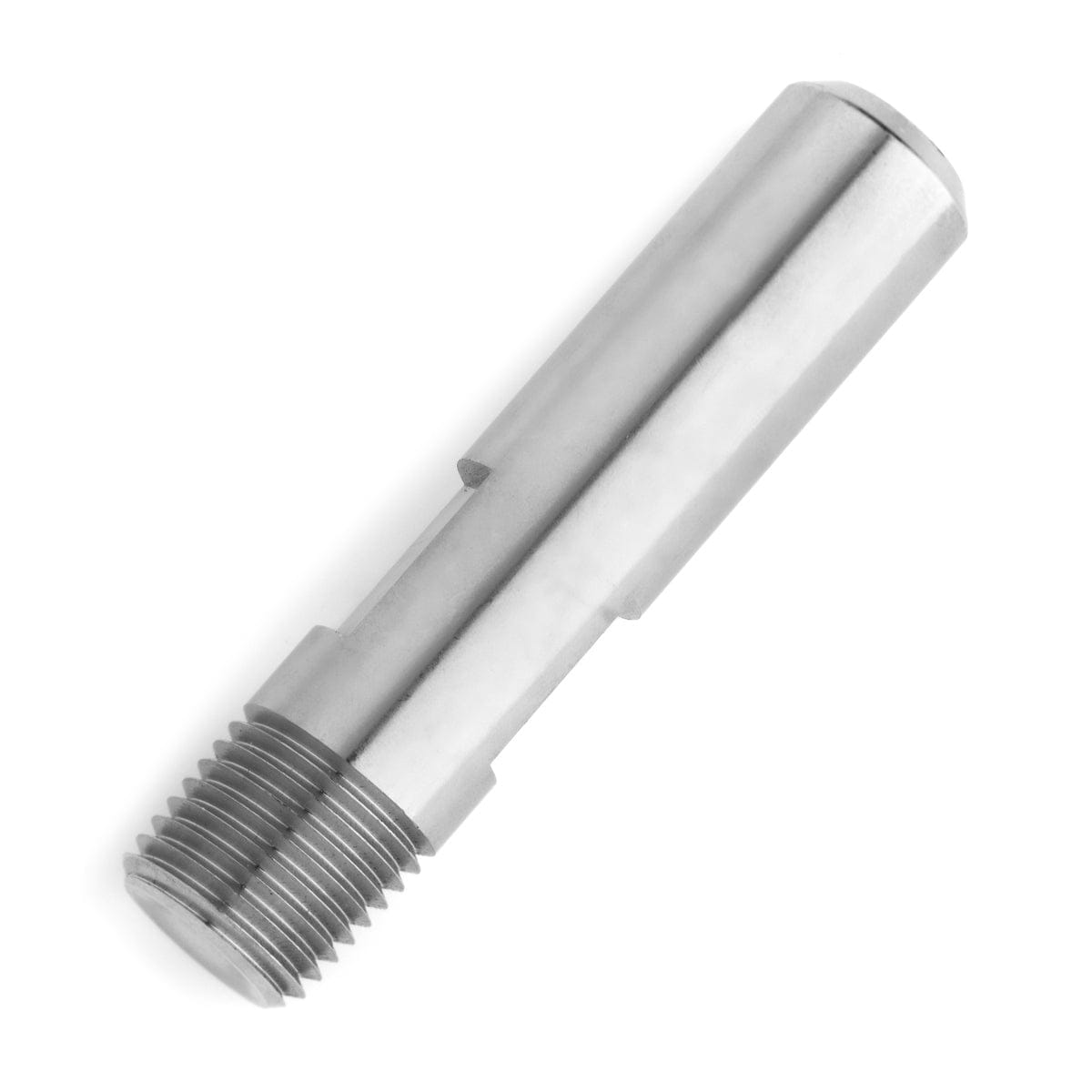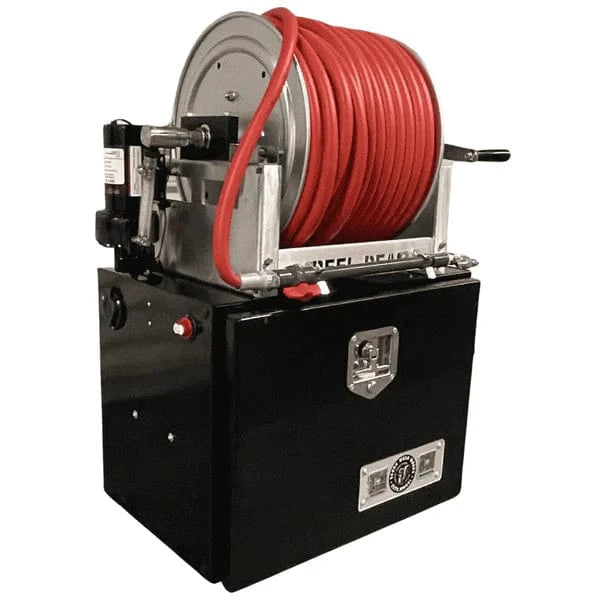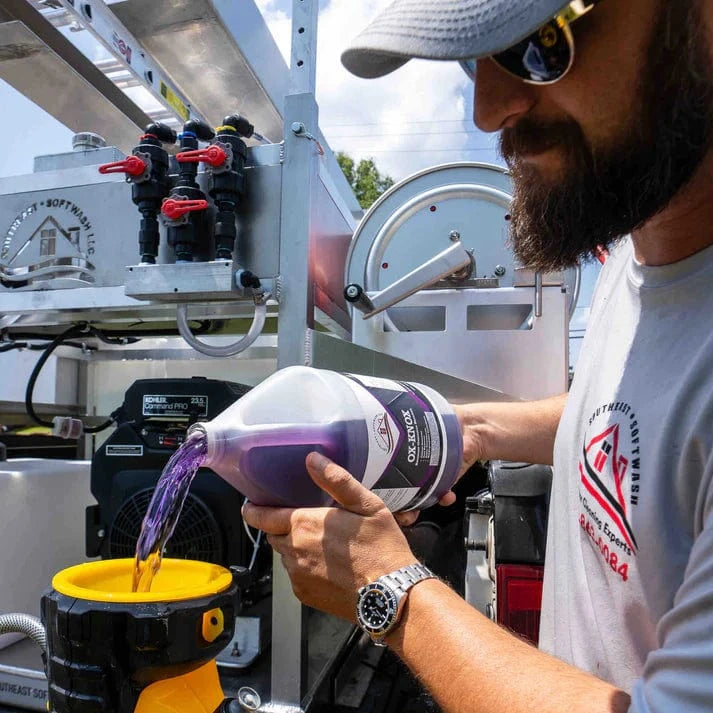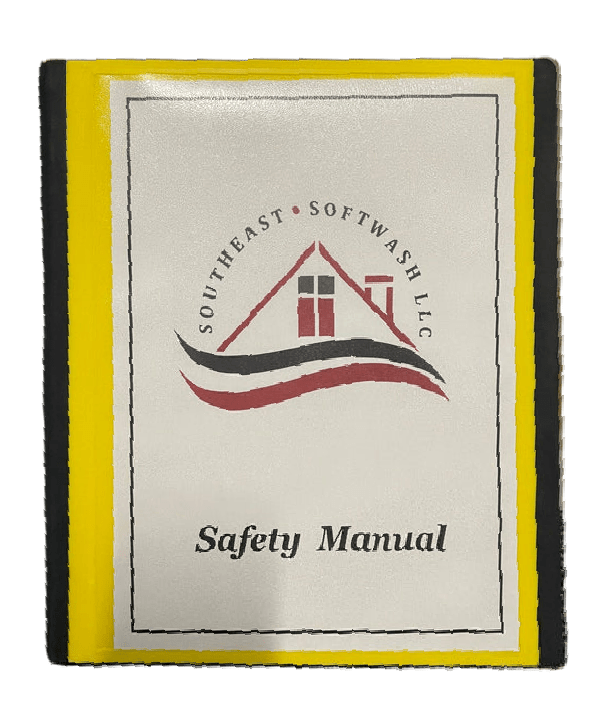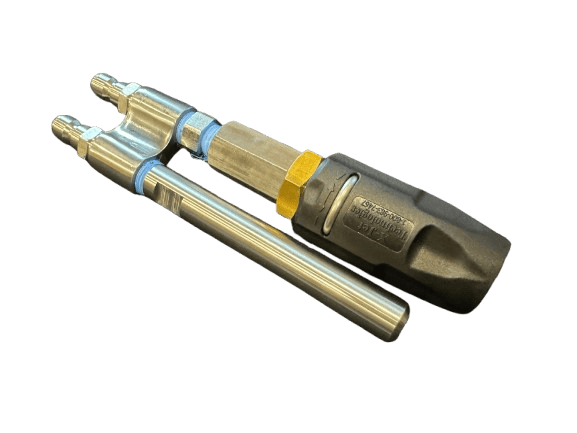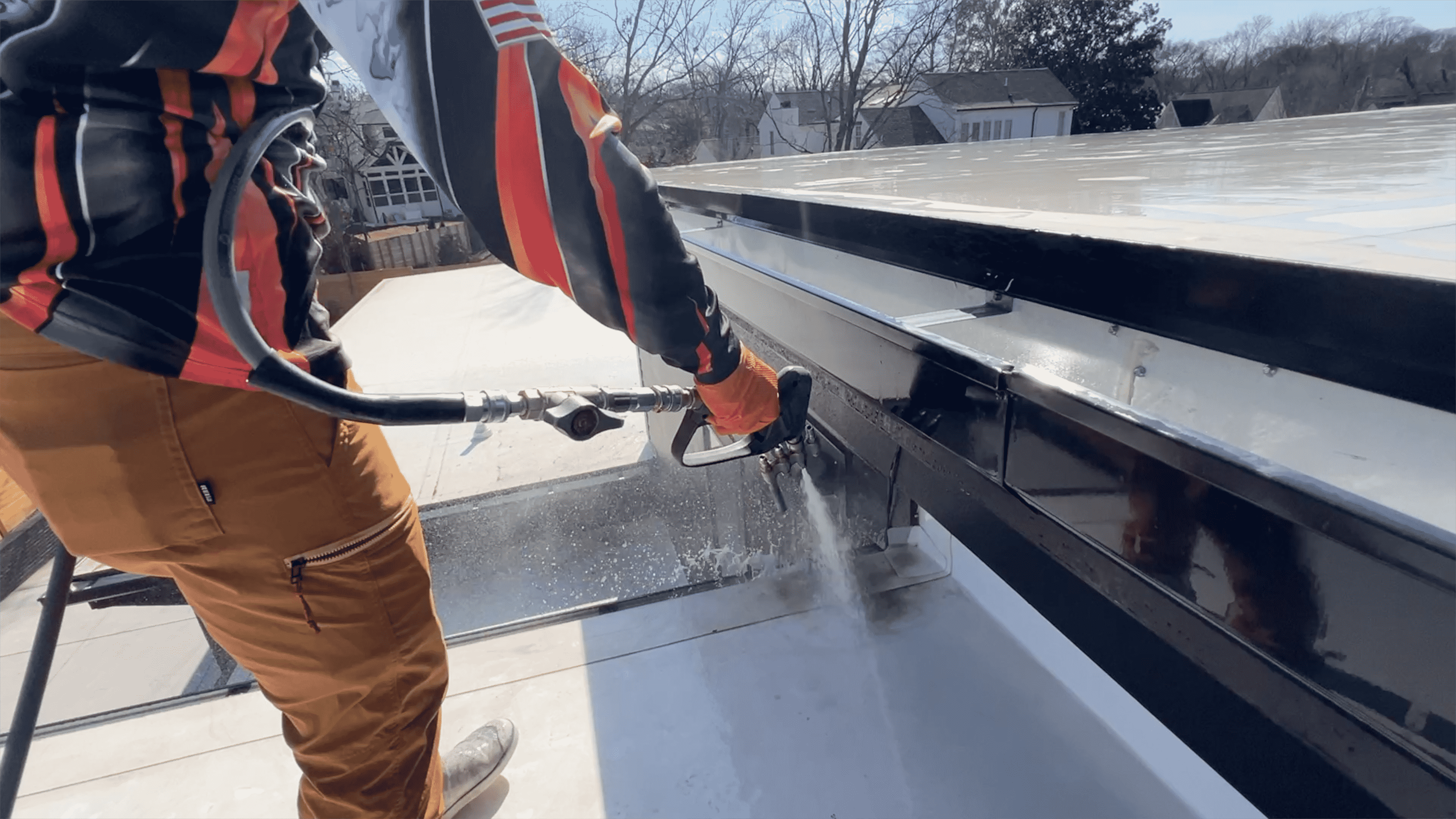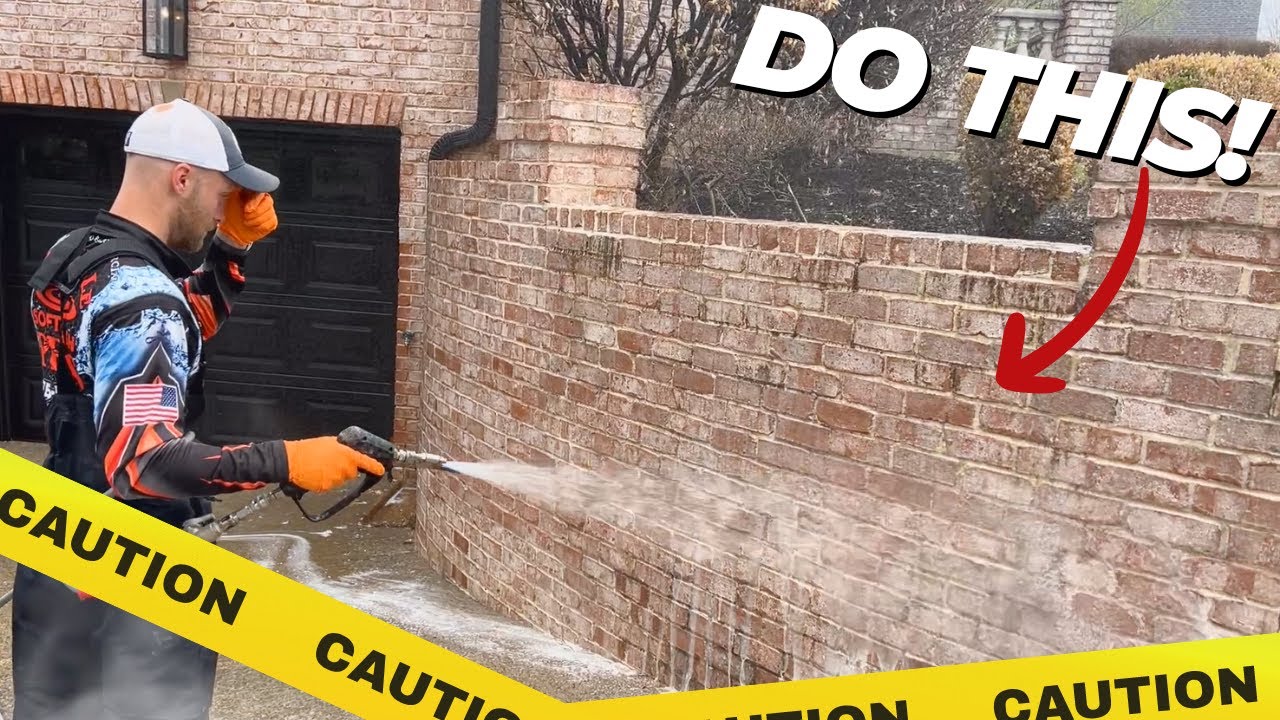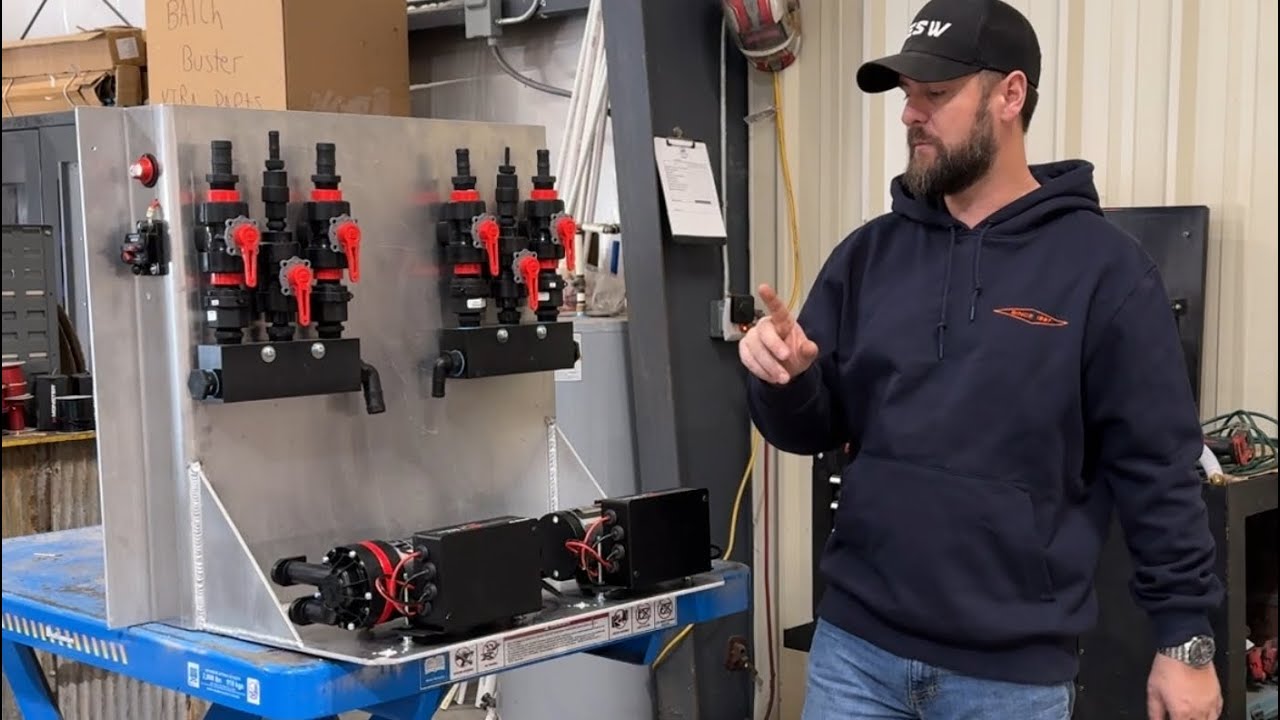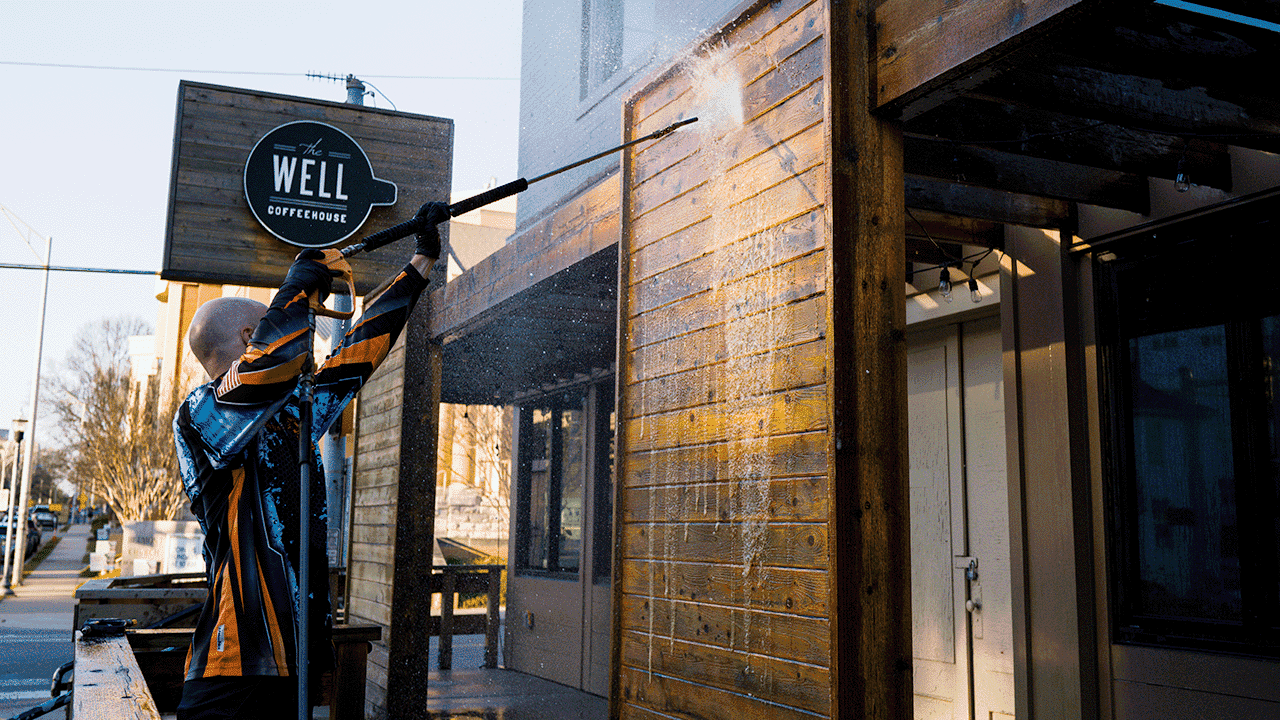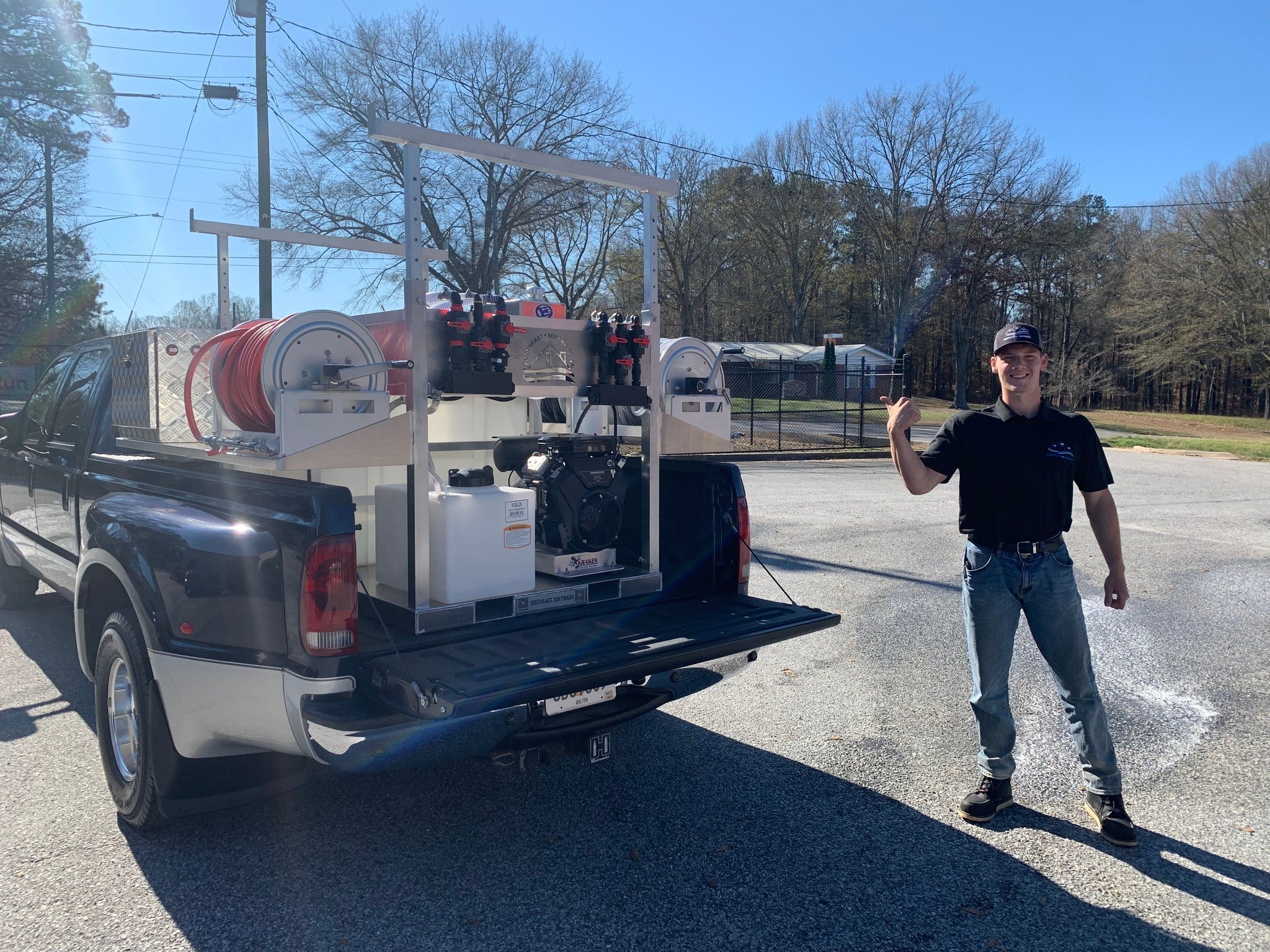When it comes to cleaning tasks around your home or business, having the right pressure washer can make all the difference. Whether you are looking to deep clean your driveway, remove mold from your siding, or wash your car, choosing the correct pressure washer is crucial. With so many options available in the market, selecting the perfect one can feel overwhelming. But fear not, this guide will walk you through the process of selecting the ideal pressure washer for your specific needs.
Understand Your Cleaning Needs
The first step in choosing a pressure washer is to assess your cleaning requirements. Are you planning to use it for soft washing delicate surfaces like wood or for pressure washing tough stains on concrete? Understanding your specific cleaning needs will help you determine the type of pressure washer that is best suited for the job.
Types of Pressure Washers
Electric Pressure Washers
Electric pressure washers are lightweight, easy to use, and ideal for light to medium-duty cleaning tasks. They are quieter than gas pressure washers and require less maintenance. However, they are less powerful and have limited mobility due to the cord.
Gas Pressure Washers
Gas pressure washers are more powerful than electric ones, making them suitable for heavy-duty cleaning jobs. They offer greater mobility since they do not require an electric outlet. However, gas pressure washers are noisier, require more maintenance, and emit fumes.
Commercial Pressure Washers
Commercial pressure washers are designed for professional use and are highly durable and powerful. They are ideal for heavy-duty industrial cleaning tasks. If you intend to use a pressure washer frequently or for large-scale projects, a commercial pressure washer may be the best option.
Consider the Pressure and Flow Rate
When choosing a pressure washer, pay attention to two key specifications: pressure and flow rate. Pressure is measured in pounds per square inch (PSI) and determines the force with which the water is sprayed. Flow rate, measured in gallons per minute (GPM), indicates the volume of water that the pressure washer expels. For most residential cleaning tasks, a pressure washer with a PSI of 1300-2800 and a GPM of 1.2-2.3 should suffice.
Choose the Right Nozzles and Attachments
Nozzles and attachments play a significant role in the versatility of a pressure washer. Different nozzles provide varying spray patterns, such as a pinpoint spray for tough stains or a wide fan spray for general cleaning. Ensure that the pressure washer you choose comes with a variety of nozzles and attachments to suit different cleaning tasks.
Consider the Portability and Maneuverability
Portability is another crucial factor to consider, especially if you need to move the pressure washer frequently or if you have a large area to clean. Look for a model that comes with wheels for easy maneuverability and handles for convenient lifting.
Account for Noise Levels
If you live in a noise-sensitive area or if you prefer a quieter cleaning experience, consider the noise level of the pressure washer. Electric pressure washers are generally quieter than gas-powered ones, making them a suitable choice for residential settings where noise may be a concern.
Check the Warranty and Customer Support
Before making a purchase, be sure to check the warranty provided by the manufacturer. A solid warranty ensures that you are covered in case of any malfunctions or defects. Additionally, look for brands that offer reliable customer support to assist you with any inquiries or issues that may arise.
Compare Prices and Features
Once you have narrowed down your options based on your cleaning needs, pressure requirements, and other preferences, compare prices and features of different models. Consider factors such as brand reputation, customer reviews, and additional features like onboard storage or detergent tanks.
Soft Washing vs. Pressure Washing
Soft Washing Equipment
Soft washing is a method of cleaning that uses low pressure and specialized cleaning solutions to remove organic stains like mold, algae, and moss from surfaces. Soft wash equipment typically includes a lower PSI rating and specific nozzles designed for gentle cleaning.
Pressure Washing Equipment
Pressure washing, on the other hand, involves using high-pressure water to clean tough grime, grease, and dirt from surfaces. Pressure washing equipment is more powerful and suitable for hard surfaces like driveways, sidewalks, and decks that require deep cleaning.
Find the Perfect Balance
Choosing the right pressure washer involves finding the perfect balance between power, functionality, and convenience. By considering your cleaning needs, comparing different models, and assessing key factors like pressure, flow rate, and portability, you can select a pressure washer that meets your requirements and helps you achieve sparkling clean results every time.
Now that you have the knowledge and tools to make an informed decision, go ahead and select the perfect pressure washer that will make your cleaning tasks a breeze!


